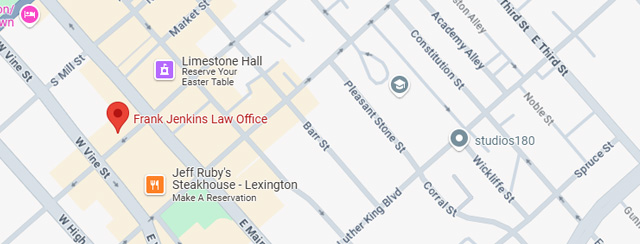- ATV accidents
- Brain Injuries
- Bus Accident
- Car Accidents
- Construction Accident
- Distracted Driving
- Drugged Driving Accident
- DUI
- Firm News
- Mass Tort
- Medical Malpractice
- Motorcycle Accidents
- Pedestrian Accidents
- Personal Injury
- Product Liability
- Safety
- Social Security Disability
- Truck Accidents
- Vehicle Accidents
- Workers Compensation
- Workplace Injuries
Yesterday New York Governor Andrew Cuomo voiced his belief that a mass rollout of rapid tests for the novel coronavirus would be needed in order for a state of normalcy to return to the country. The logic behind his thinking is that an adequate supply of tests that provide quick results will allow communities to identify those who are negative, so those who are healthy can return to work. Dr. Anthony Fauci, director of the National Institute of Allergy and Infectious Diseases, seemed to echo Governor Cuomo’s sentiments when he stated that increased testing across the nation would be a key factor as to the government’s decisions concerning when businesses could reopen and when social distancing restrictions could be modified.
Of course, we all realize that this way of life — with businesses shuttered and people being isolated from each other — cannot continue for the longterm. It’s only a matter of timing now as to when Americans begin resuming their normal routines, especially concerning work. However, the continued threat of the highly contagious COVID-19 means that your place of employment will have to adjust accordingly.
First, being in the midst of a pandemic gives employers more leeway if an issue falls under the category of workplace safety. The Equal Employment Opportunity Commission (EEOC) has made updates and clarifications in recent days to address the new rules swirling around the novel coronavirus. However, the EEOC has cautioned everyone that guidance is likely to change as the COVID-19 crisis evolves, and that interested parties should check back often on their website for the most accurate information.(1)
Generally, employers covered under the American Disabilities Act (ADA) or the Rehabilitation Act are restricted in the questions they may ask potential or current employees, in addition to the requests they may make of those employees. Let’s look at how the rules apply when a pandemic has been declared.
- An employer can now screen a job applicant for COVID-19 once a job offer has been extended, as long as the employer screens all new job applicants. For instance, an employer couldn’t choose to screen one new hire, then not screen the next one. All potential new hires must be given the same exact treatment.
- An employer may withdraw a job offer when applicant needs to start immediately if the applicant has been diagnosed with COVID-19 or has symptoms.
- An employer can take the body temperature of an employee. Typically a temperature check would be considered an overly broad medical exam under the ADA, but it is permissible under current COVID-19 conditions.
- An employer can ask an employee to go home if they think the employee is exhibiting symptoms.
- An employer can ask an employee to go home if the employee has been exposed to COVID-19.
- If an employee calls in sick, an employer may ask the employee if they are experiencing symptoms of COVID-19. Information must be kept as a confidential medical record.
- An employer can inform other employees that someone has COVID-19, or is suspected of being infected, but employers may not disclose the name of that employee.
- An employer can request a doctor’s note certifying that the employee is fit enough, before that employee is allowed to return to work.
- An employer can ask whether your personal travel was to specified geographical areas named by the CDC or local public health authorities.
- An employer can require an employee to wear personal protective equipment (PPE), such as face masks, gloves, gowns, etc., that are designed to reduce transmission of infection.
- An employer can require employees to abide by infection control practices such as regular hand washing, cough/sneeze etiquette, and proper tissue usage and disposal. (2)
As America moves toward a return to the workforce, we must keep in mind that workplace rules may have changed to accommodate the pandemic environment. As the COVID-19 situation evolves, so may the EEOC guidelines. Check back on this blog weekly, where you can find updates related to COVID-19’s impact on employment and other issues for those of us living in Kentucky.
References:
1. What You Should Know About the ADA, the Rehabilitation Act, and COVID-19. (n.d.). Retrieved April 5, 2020, from https://www.eeoc.gov/eeoc/newsroom/wysk/wysk_ada_rehabilitaion_act_coronavirus.cfm
2. PANDEMIC PREPAREDNESS IN THE WORKPLACE AND THE AMERICANS WITH DISABILITIES ACT. (n.d.). Retrieved April 5, 2020, from https://www.eeoc.gov/facts/pandemic_flu.html


